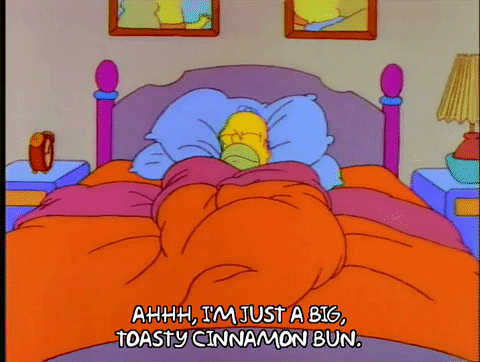Learning how to get a good night’s sleep is an essential skill for any performer. Quality sleep is vital the night before an audition or show, but as a dog isn’t just for Christmas sleep isn’t just for special occasions because it:
- Improves your memory
- Stimulates Creativity
- Sharpens your attention span
- Lowers your stress levels
- Increases productivity
- Improves your immune function
- Improves your mood
Read our top 10 tips for a good night’s sleep to make the most of your days.
1. Only Use The Bed For Bed Activities
Your bed should be where you sleep and the MTV Cribs style magic happens. Doing other activities in bed such as eating food and watching TV will make relaxing into sleep a struggle as you associate the environment with non-sleep related tasks.

2. Don’t Eat & Sleep
The gap between eating and sleeping should be at least 2 – 4 hours. You will likely feel uncomfortable in bed with a smaller gap between the two activities and eating too soon before sleep can lead to digestion problems. Eating late at night can also result in stomach acid spilling into the larynx causing hoarseness of the voice, obviously far from ideal when you rely on your voice!
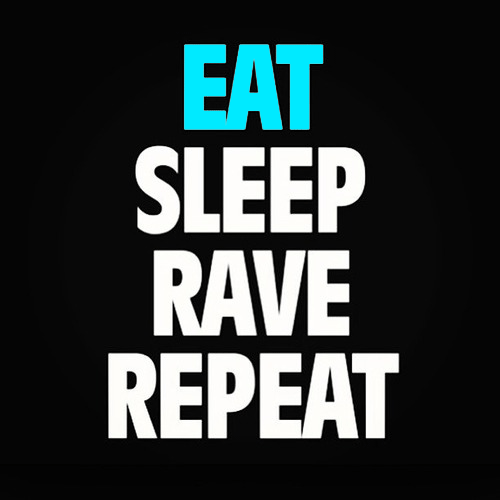
3. Steer Clear of All-Nighters
All-nighters can be tempting if you’re trying to cram lines or notes into your memory, but they should be avoided. The hoppocampus (the part of the brain which coverts short term memory to long term memory) requires sleep to function properly meaning an all-nighter can cause more harm than good.

4. No Power Naps
Napping during the day will inevitably decrease your tiredness at night hampering your ability to fall asleep. If you’re tired during the day you probably haven’t properly mastered sleep at night, so work on that rather than catching up on some kip in the day.

5. Don’t Clock Watch
When sleep is proving a challenge it can be very frustrating and lead to clock watching, but this will only fuel your frustration. Turn your phone or clock over and resist the urge to check.
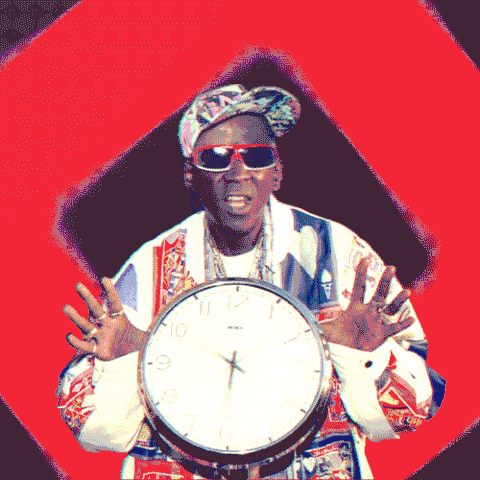
6. Resist The Phone
The blue light emitted by device screens simulates daylight keeping you alert. If you need to use your phone quickly in bed turn the brightness on your screen down, but you should avoid it if at all possible.
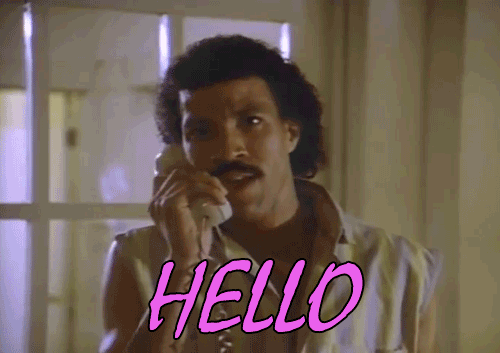
7. Visualisation
Counting sheep is of course the old classic, but imagining your favourite place can be a more effective visualisation technique. Picture somewhere which makes you feel happy and relaxed.
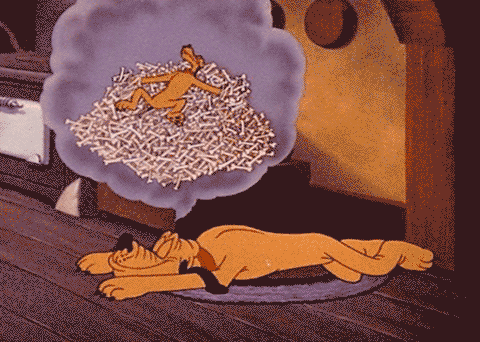
8. 30 Minute Rule
If you haven’t fallen asleep within 30 minutes of attempting to, leave the room. Do something elsewhere such as reading a book until you feel sleepy enough to return to bed and try again.

9. Warm Shower Before Bed
Your internal body temperature is an important factor when it comes to regulating your biological clock. Your body temperature drops slightly as you fall asleep so any activities which can cause this effect will aid a good night’s sleep. Stepping out of a warm shower an hour before bed will cause your body to cool as the air hits you.

10. Warm Those Toes & Fingers
Whilst your body temperature is lower as you fall asleep you don’t want your extremities to start out cold. Keep your hands and feet warm to encourage a deep sleep by making sure your hands are under the covers and – if necessary – wearing socks.
